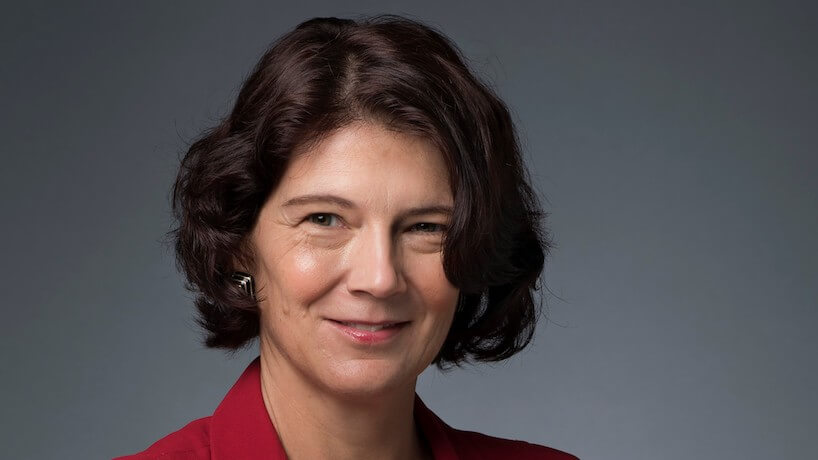Karin Weber, associate professor and academic resource director at Hong Kong Polytechnic University’s School of Hotel & Tourism Management earned DEI’s DES certification course in 2016. She had the full support of her university, a leader in efforts to use massive open online courses (MOOC) to offer a MicroMasters programs. Thanks to its International Hospitality Management MOOC, as well as digital elements in other on-campus programs, students benefit from global insights and expertise.
Why do you think the digital space is important for students and the events industry’s future?
Digital events form an integral part of the future of education, whether it is through university programs or continued education programs of professional associations. While it is important to obtain education and nurture relationships F2F, digital programs sometimes are the preferred option. Students in meeting management need to be aware of this growing trend for their future employment to offer value to their clients. Thus, it was vital to share the latest trends learned in the DEI program with my students, including the impact of technology and the evolution of digital and virtual/hybrid events.
How is your school using digital and hybrid events?
A number of ways.
- By incorporating digital elements into current on-campus courses, including Skype/Zoom sessions with leading industry professionals from around the world, (e.g., Nina Freysen-Pretorius, ICCA; Guy Bigwood, MCI; Karen Bolinger, MCVB; and Corbin Ball), so students in Hong Kong can benefit from global insights/expertise.
- A blended learning approach — a MOOC MicroMasters in Hospitality combined with F2F learning.
- Aside from its innovative MOOC, the school organizes high-profile conferences in the tourism and hospitality field and is exploring the possibility of extending F2F attendance to virtual ones.It is also vital to consider digital events for associations representing academics in the tourism/hospitality field to increase membership, and offer value throughout the year apart from annual conferences.
How is this space evolving in China?
China has invested heavily in its digital infrastructure, and in some areas such as digital finance/fintech has become a global leader. It’s also seen a rapid increase in online education, offering the largest number of MOOCs in the world. According to China’s Ministry of Education, more than 460 learning institutions have introduced more than 3,200 online courses in 10 MOOC platforms, reaching more than 55 million viewers.
What are you most excited about in the digital space?
The advance of online programs has afforded people a quality education who were previously unable to access it, whether that was due to being in remote locations and/or due to financial constraints. Given the broader reach of online programs and easier communication because of them, I’m most excited about the possibilities of minds from all corners of the globe coming together to solve pressing problems.
What do you think are the biggest challenges?
MOOCs in China vary wildly in quality. For digital events, government regulations/firewall and data privacy can cause issues.

